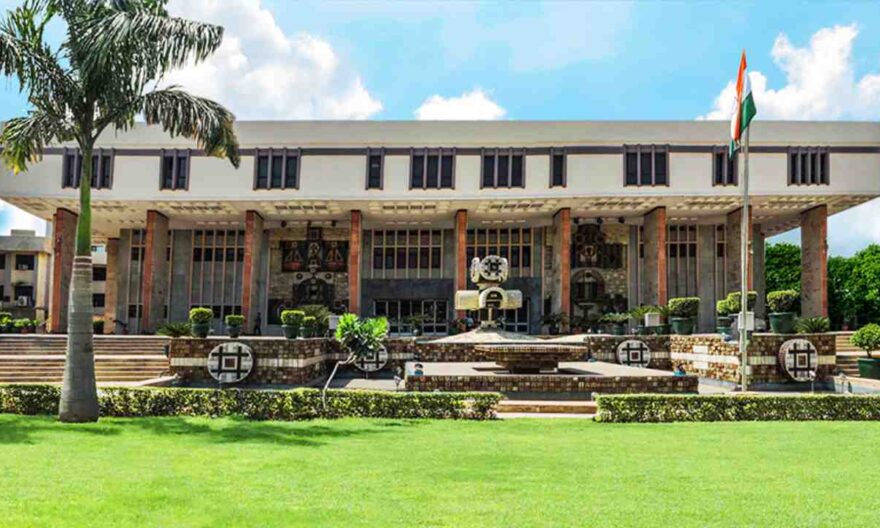
The Delhi High Court has recently directed the Delhi government to ensure infrastructure and financial support for acquiring essential devices to facilitate the participation of individuals with disabilities in court proceedings.
A single bench of Justice Swarana Kanta Sharma emphasized that implementing such gadgets and infrastructure will enable individuals with disabilities to comprehensively engage in judicial processes, whether criminal or civil.
“The relevant Government, apart from the facilities/equipment proposed by this Court, shall consider all other facilities and equipment that can be provided to enhance the recording of arguments or evidence in Courts of law for accused individuals with disabilities, as per Section 12(4)(c) of the Act,” the order stated.
It further directed the Delhi State Legal Services Authority (DSLSA) to formulate a comprehensive plan outlining the method by which accused individuals with disabilities can access justice. The Court also urged the Registrar General of the High Court to explore the feasibility of establishing a room similar to a vulnerable witness room, specifically for accused persons with disabilities who face challenges in accessing the Courts and the justice system with equality and dignity.
The judge highlighted that the Registrar General should also contemplate interim arrangements in this regard. “To heighten public awareness and inform them about the availability of resources ensuring accessible justice for accused persons with disabilities, a Nodal Officer or a designated individual who can be contacted in this context should be appointed by the concerned District Judge. The contact information of the said official/person should be included on the websites of every District Court and this Court.”
Additionally, it mandated the Delhi Judicial Academy to conduct a program for trial court judges, lawyers, court staff, and police to sensitize them about the services accessible to persons with disabilities on Court premises and how and when they can be accessed. “A training module should also be prepared by the Academy for educating and training the Court staff and the Nodal Officer in this regard.”
Finally, the Court directed the government to adhere to these directives within three months and asked the Secretary of DSLSA to submit a compliance report within one month. “A copy of this judgment should be forwarded to (i) Secretary, Department of Law, Justice and Legislative Affairs, Government of NCT of Delhi, (ii) Secretary, Delhi State Legal Services Authority, (iii) Registrar General, Delhi High Court, and (iv) Director (Academics), Delhi Judicial Academy, for information and necessary compliance,” the single judge noted.
The Court issued these instructions while hearing a case filed by an individual with hearing disability since childhood, who also suffers from post-traumatic stress disorder-induced cataract of eyes and post-traumatic fractured maligned jaw joint stiffness.
He requested the State to establish a Special Court in accordance with Section 84 of the Rights of Persons with Disabilities Act, 2016, and make provisions for his support during the ongoing criminal trial. After considering the case, the Court appointed Senior Advocate N Hariharan as amicus curiae and sought his suggestions.
The Bench acknowledged that individuals with disabilities, whether accused or litigants, are entitled to a fair and equal trial. Thus, it stressed the importance of eliminating barriers in the court system that hinder equal participation of individuals with disabilities in the judicial process, highlighting the need for accommodation by the court, court system, and other stakeholders in the administration of justice. Justice Sharma also expressed the view that Courts must devise alternative methods to ensure that individuals with disabilities facing trial can access special means or facilities, such as braille for reading, sign language, and new computers equipped with speech synthesizers for the visually impaired.
It emphasized that court complexes and buildings should be disability-friendly, including not only entry and exit points but also ensuring that courtrooms are accessible to individuals with disabilities, with clear indications for designated courtrooms.




